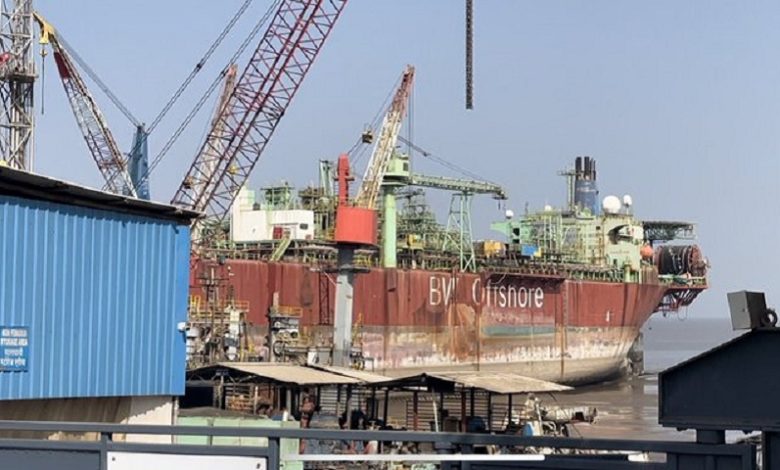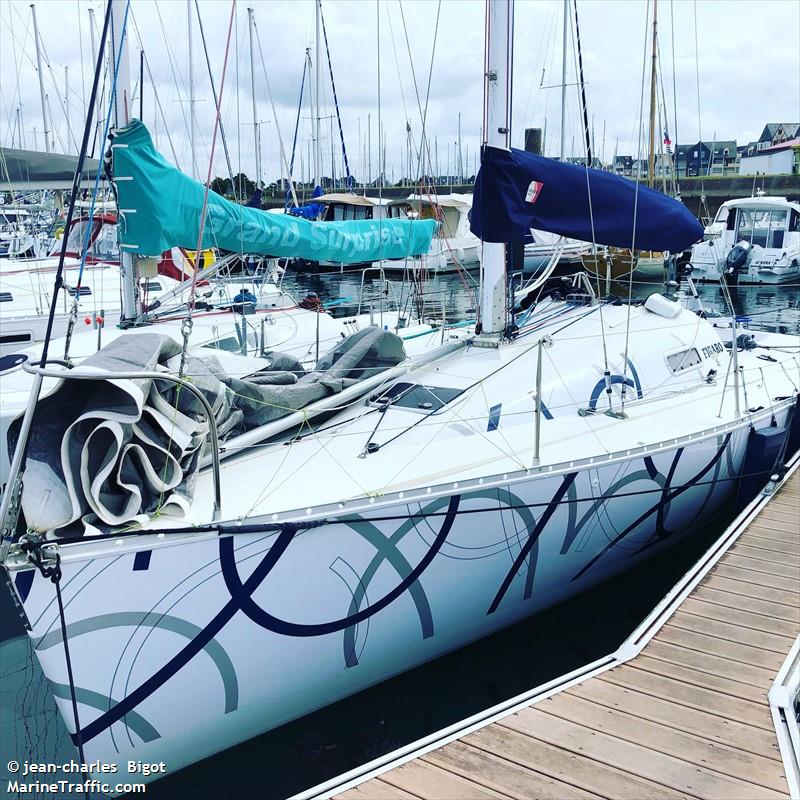BW Offshore dismisses claims over fatal accident during FPSO scrapping in India

Norwegian floater specialist BW Offshore has rejected claims made by the NGO Shipbreaking Platform that a worker died while scrapping its formerly owned floating production storage and offloading (FPSO) vessel BW Cidade de São Vicente at an Indian beaching yard earlier this month.
The coalition campaigning for clean and safe ship recycling said, citing local sources, that on April 21 a nitrogen tank removed from the FPSO violently exploded and killed the worker on the spot.
BW Offshore sold the 1976-built FPSO for recycling in compliance with the Hong Kong International Convention to Priya Blue Industries shipbreaking yard in Alang, India, in February for $12.8m after a cold-lay-up in Oman.
The NGO Shipbreaking Platform hit out at BW Offshore, claiming that despite having been offered a more sustainable solution for the recycling of the vessel when it was in the Middle East, the floater owner opted to sell the unit to the Indian beaching yard for a supposedly higher price. “Assisted by Arctic Shipbrokers, Grieg Green and Priya Blue’s cash buyer Best Oasis, the deal was branded as a green sale. The FPSO changed its name to VICE and its flag to St. Kitts and Nevis before it was ramped up on the Alang tidal mudflat,” it noted.
The company’s representatives at the yard did not witness the event
Although Priya Blue Industries was amongst the first yards in India to obtain compliance with the Hong Kong Convention and is also a member of the Sustainable Shipping Initiative since 2018, the campaigner said that recent audit reports by the European Commission have highlighted a series of structural deficiencies at the Alang shipbreaking yards, including Priya Blue Industries, related to the lack of infrastructure to contain pollutants in the primary cutting area, the non-existence of capacity to handle several hazardous wastes originating from ships downstream, the absence of medical facilities and breaches of labour laws.
In 2019, the NGO Shipbreaking Platform documented another fatal accident at Priya Blue Industries, and Dutch investigative program Zembla uncovered that same year the conditions under which the scrapping of the mercury-laden FSO tanker Yetagun took place in another site owned by Priya Blue. The NGO hailed the Dutch company SBM Offshore, owner of the Yetagun, for their recycling policy after the revelations of Zembla by banning the use of beaching yards and only allowing the scrapping of its offshore assets at yards that use a dry-dock or a landing on a concrete slope with a drainage system.
BW Offshore issued a statement confirming that it was informed about a fatal accident at Priya Blue plot V1, but added that: “The accident was unrelated to the ongoing recycling of former BW Offshore FPSOs at the yard. The company’s representatives at the yard did not witness the event. They are in close contact with the yard about the ongoing investigation and have offered their assistance.”

 at an Indian beaching yard earlier this month.
at an Indian beaching yard earlier this month.